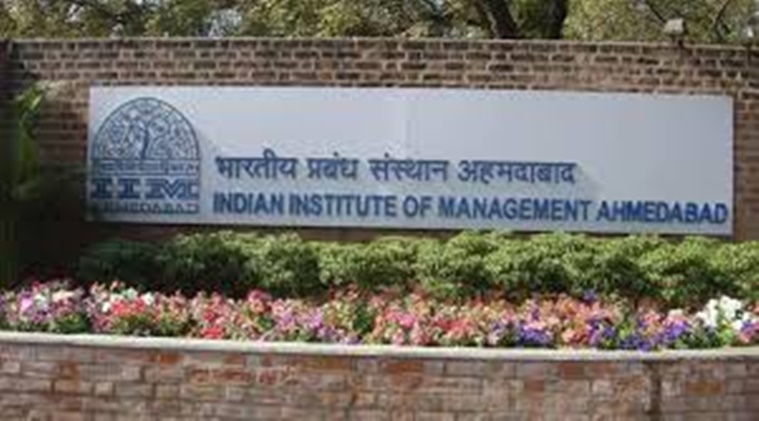 The survey points out how civil society response was quick and timely, and relief initiatives successfully built on their existing local networks. (File)
The survey points out how civil society response was quick and timely, and relief initiatives successfully built on their existing local networks. (File)
At least 20 per cent of individuals and organisations facilitating the distribution of food and raw material to those facing shortage in different parts of the country during the Covid-19 lockdown, said people they were serving have not accessed the Public Distribution System (PDS), pointing to the need for more active government interventions in hunger relief efforts.
At least half of them surveyed by a team of researchers of Indian Institute of Management, Ahmedabad (IIM-A) said that only some people have obtained rations. The survey of over 100 such organisations and individuals were surveyed to assess food scarcity and the challenges they face.
“There were initiatives with no financial support from governments. Most respondents reported that support from governments was limited to providing curfew passes and identifying areas with people in need of food. Aid in the form of funding and raw materials was negligible. Less than four per cent of respondents have received monetary support,” said the report prepared by Prof Ankur Sarin, researchers Bianca Shah, Ishu Gupta, Karan Singhal, Shraddha Upadhyay and Vaidehi Parameswaran, along with inputs from IIM-A former faculty Reetika Khera and IIMA alumnus Sandeep Sachdeva.
The report highlights that insufficient funding remains an obstacle to hunger relief efforts by organisations and individuals. More than 87 per cent of the respondents claimed that funding was their primary concern and it might compel them to suspend operations. Almost 36 per cent halted distribution activities.
The survey points out how civil society response was quick and timely, and relief initiatives successfully built on their existing local networks.
There was efficient collaboration with community leaders and members to identify and reach out to beneficiaries, it said.